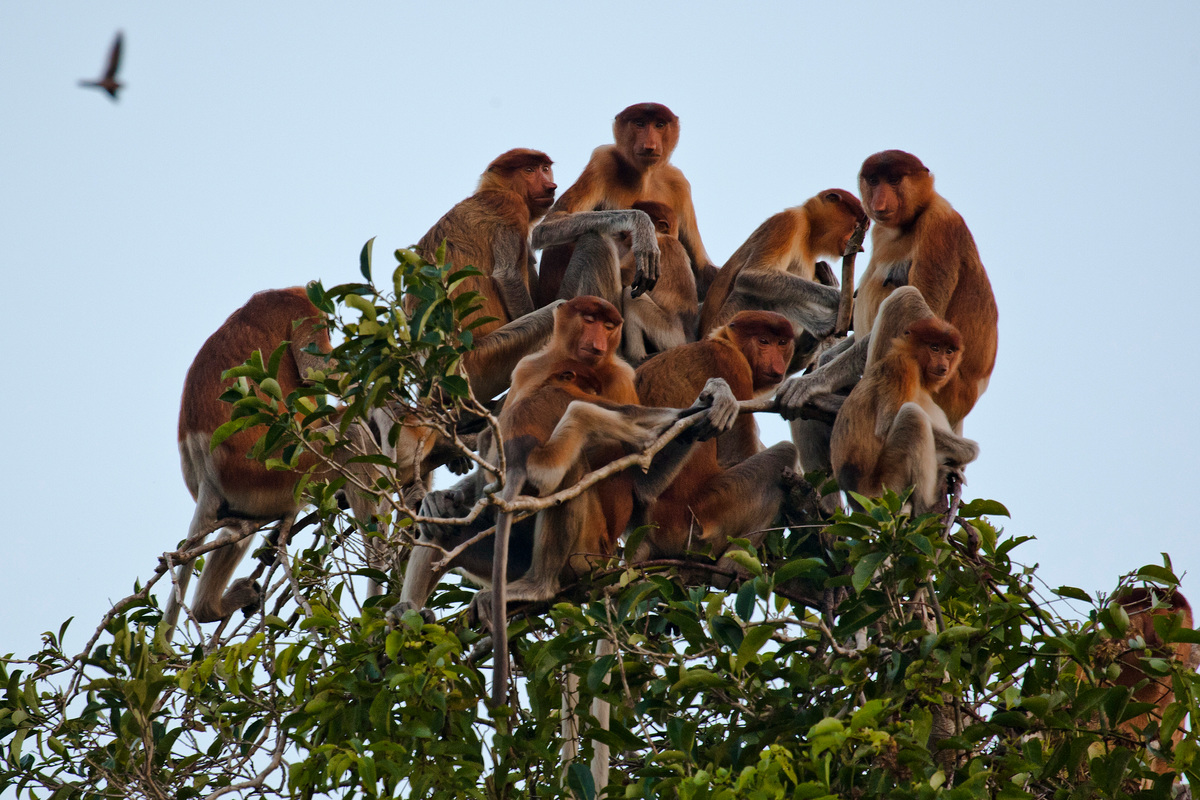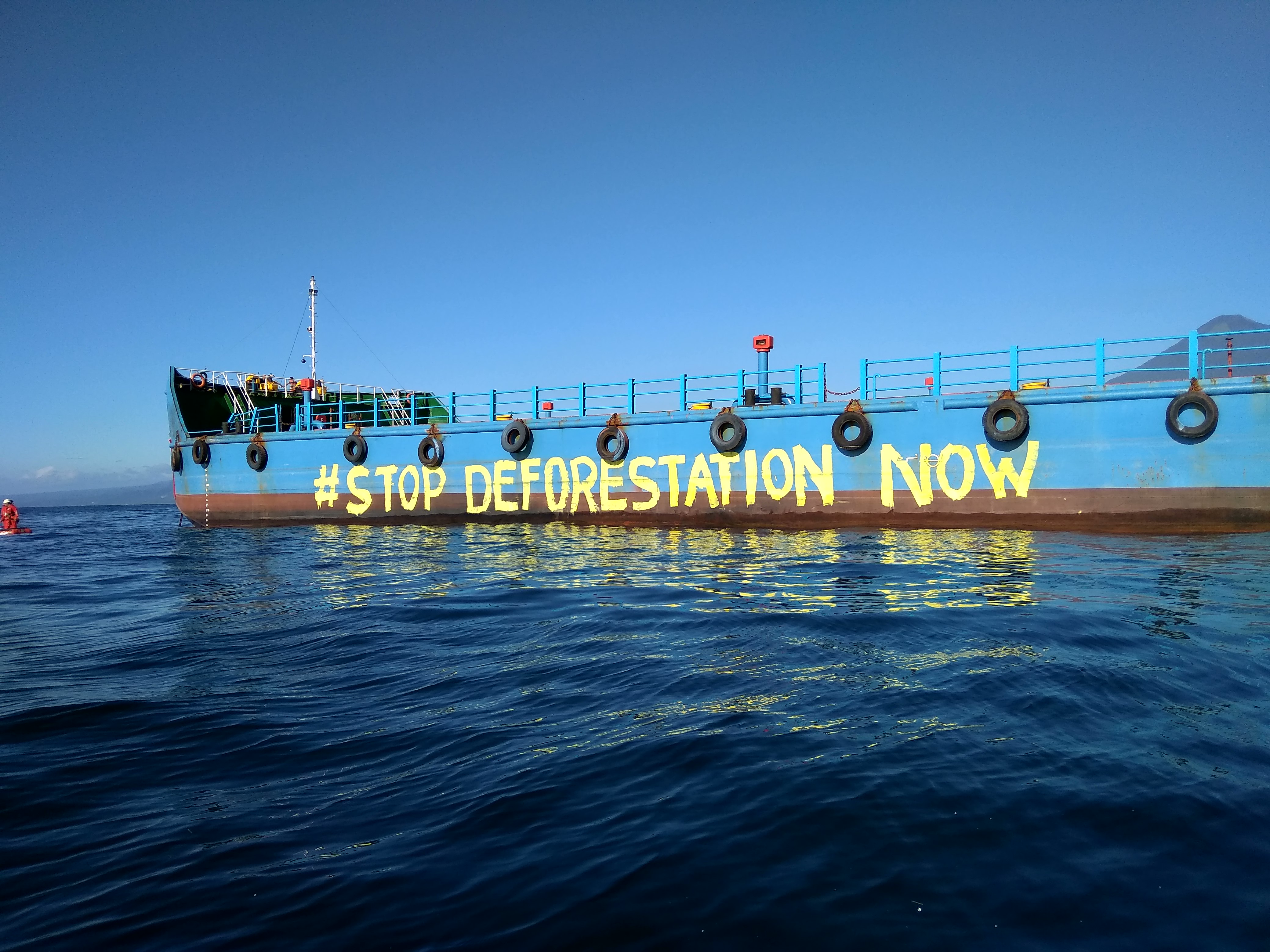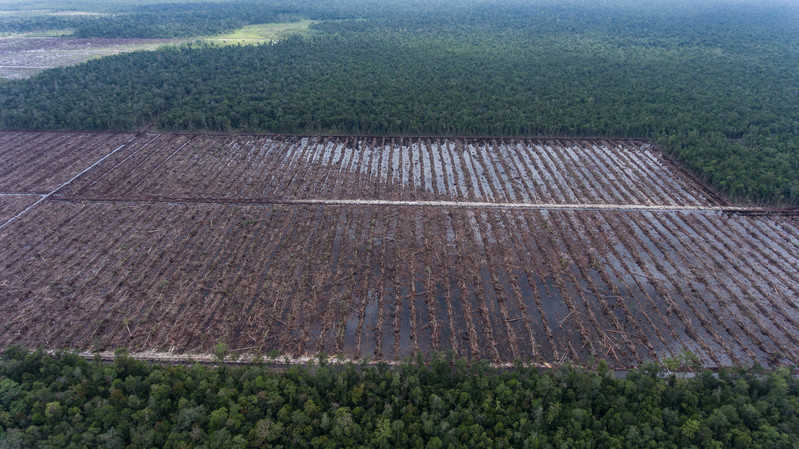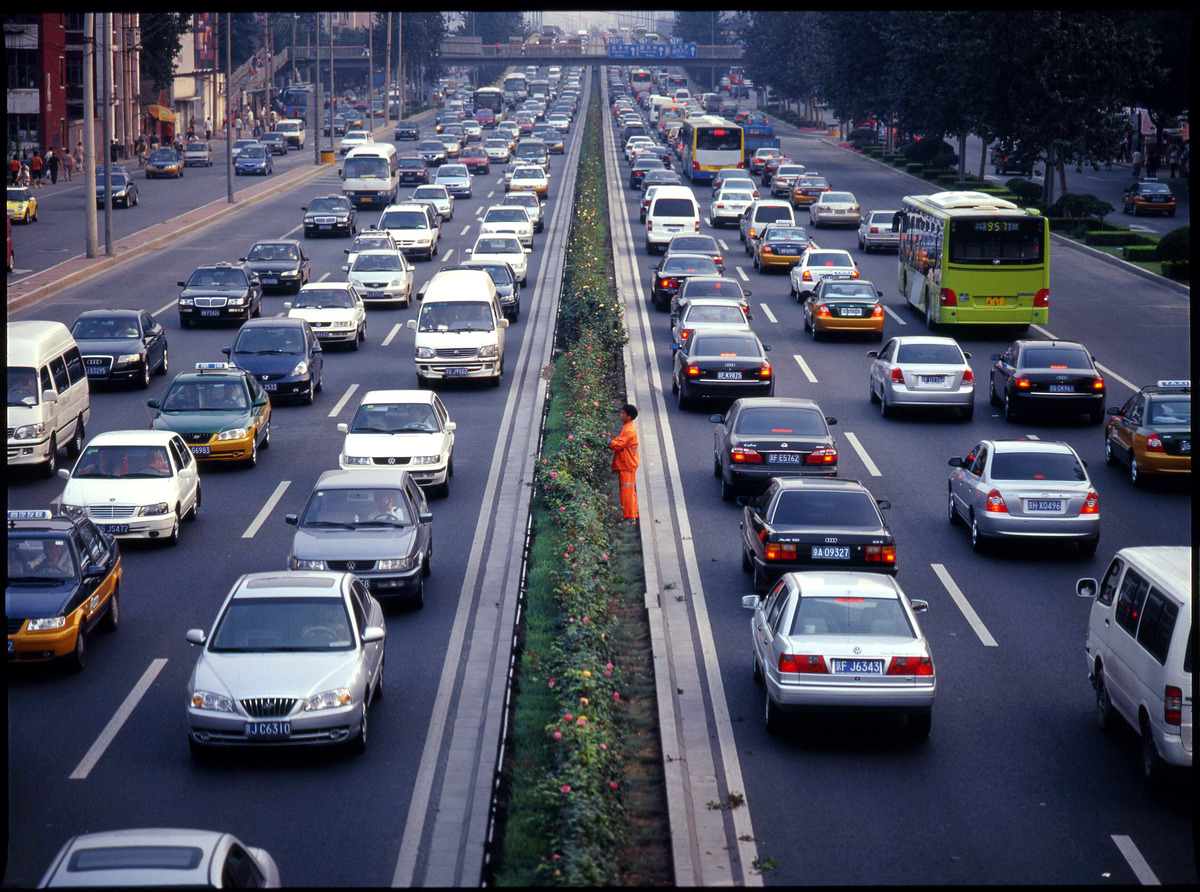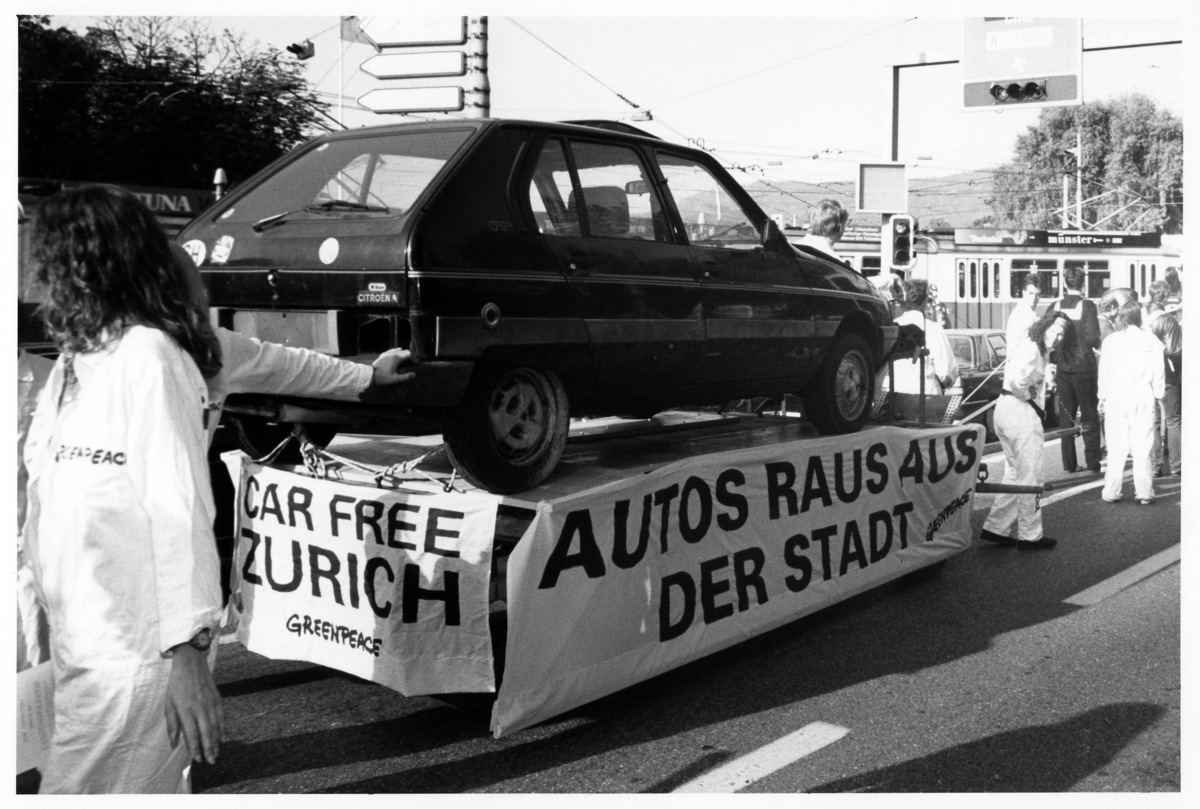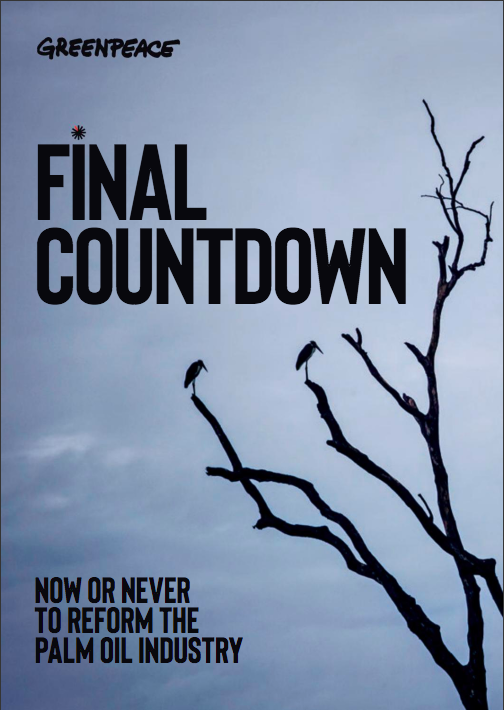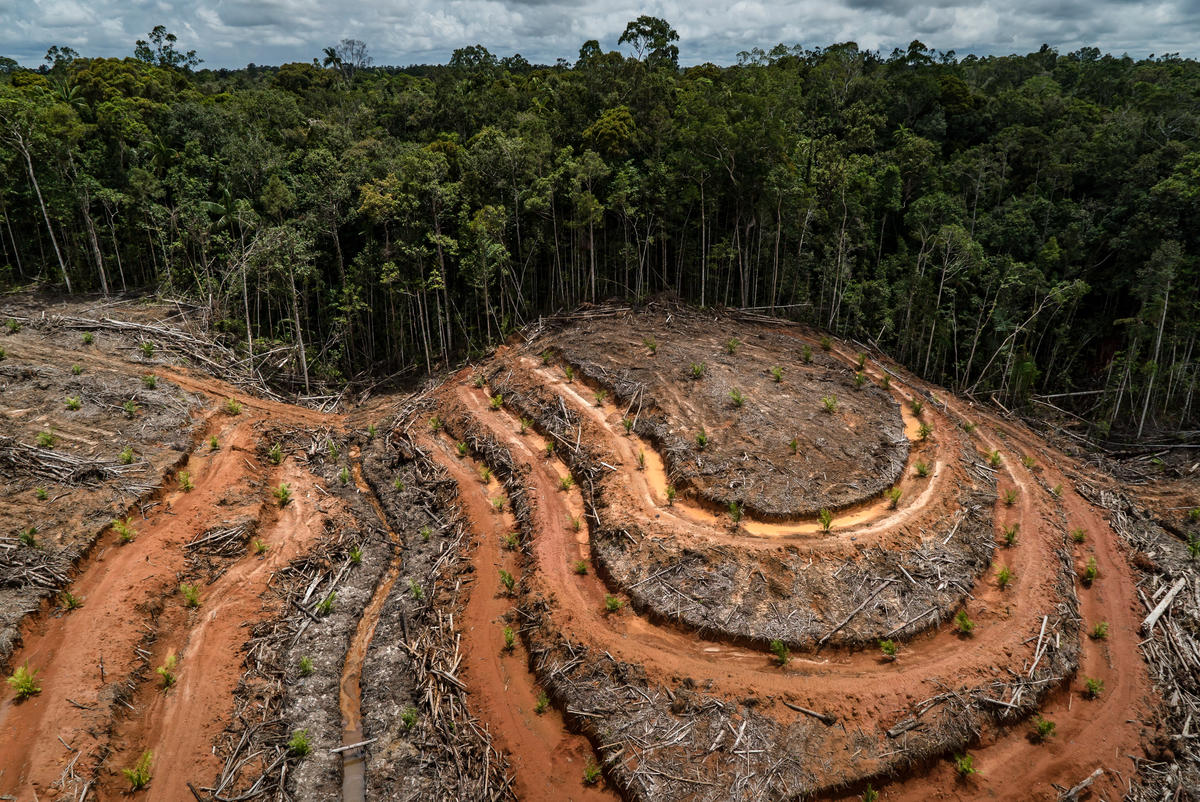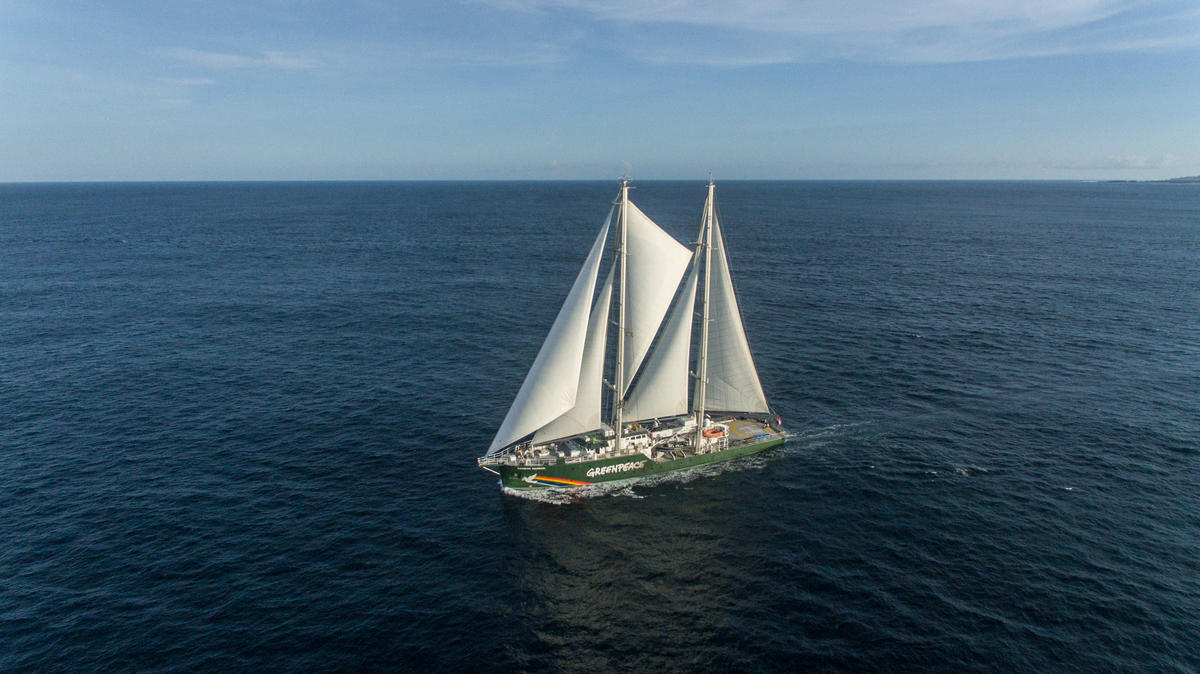News & Stories
Filtered results
-
A beautiful past, and a future for the Indonesian forest worth fighting for
I am Waya Maweru. I am an Indonesian woman of Manado blood. With full awareness, I will stand to fight for the future of Indonesia's forests.
-
Greenpeace occupies refinery loaded with dirty palm oil in Indonesia
Greenpeace activists occupy a palm oil refinery belonging to Wilmar International, the world’s largest palm oil trader and supplier to major brands including Colgate, Mondelez, Nestlé and Unilever.
-
Time for a ban on deforestation for palm oil, not a moratorium, says Greenpeace
“President Jokowi’s announcement is a step forward but is marred by inconsistencies and loopholes. It is only temporary, leaves millions of hectares of forest unprotected and has no penalties. Indonesia’s palm oil industry has a serious reputational problem which the government could fix once and for all with a permanent ban on forest destruction, including…
-
10 years left to say goodbye to petrol, diesel and conventional hybrid cars
The phasing-out of the internal combustion engine in passenger cars will not only benefit the climate, it will also help solve the air pollution crisis and improve the quality of life for everyone
-
Forest destroying products and producers, time’s up!
Why are Indonesia’s rainforests still getting destroyed by palm oil companies?
-
The Final Countdown
A Greenpeace investigation has exposed how the world’s biggest brands are still linked to rainforest destruction in Indonesia.
-
World’s biggest brands still linked to rainforest destruction in Indonesia
"Our investigation shows that the palm oil Wilmar trades is still utterly contaminated with rainforest destruction."
-
UN Ocean Treaty negotiations – Greenpeace response
To safeguard wildlife, tackle climate change and ensure food security for billions of people, we need to protect at least 30% of our oceans by 2030.


